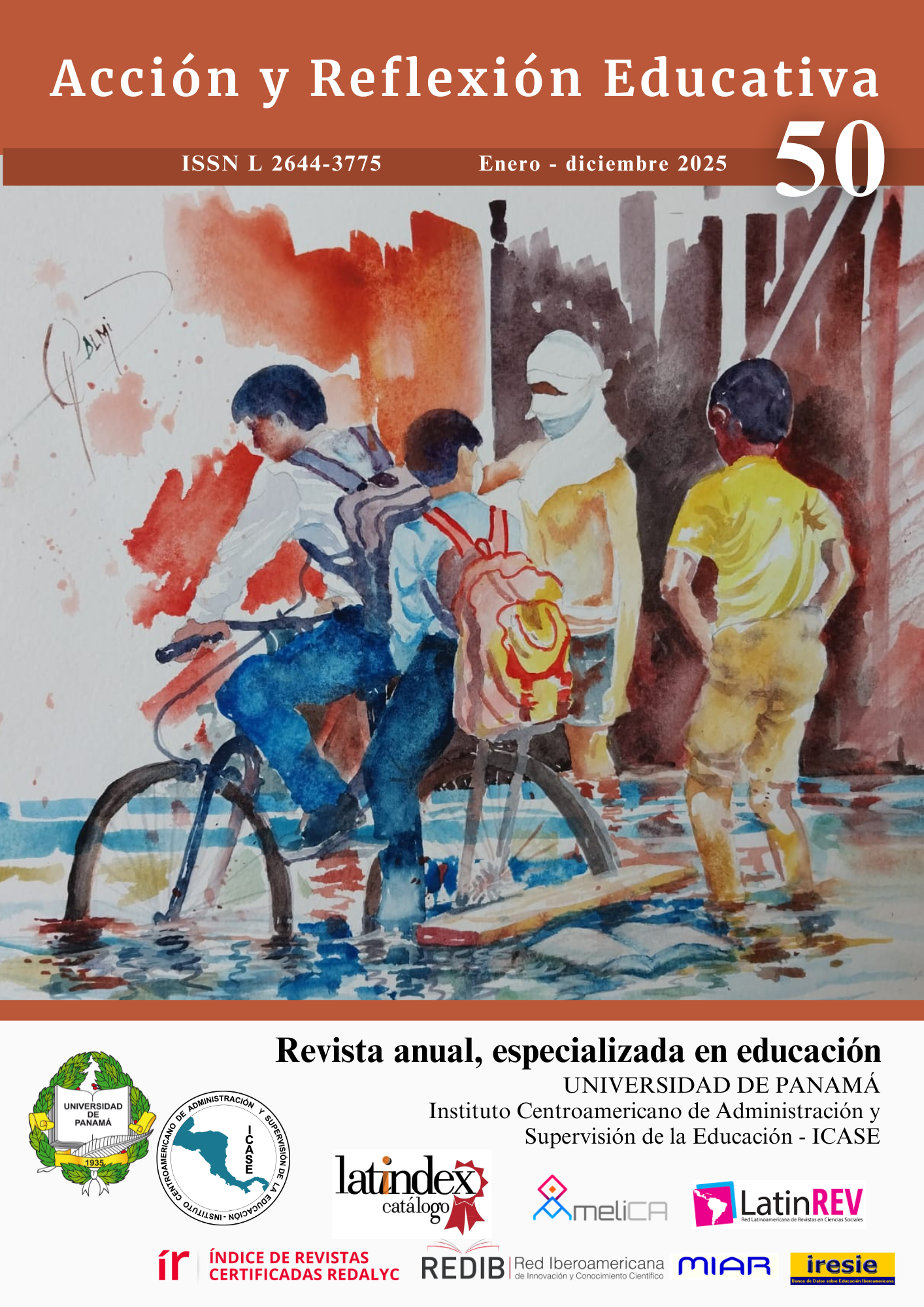

Copyright (c) 2024 Los autores

This work is licensed under a Creative Commons Attribution-NonCommercial-ShareAlike 4.0 International License.
This essay examines the influence of rationalism and empiricism on the acquisition of knowledge and educational evaluation, using a documentary review with emphasis on René Descartes and John Locke. Organized in four parts, it highlights the rationalist perspective on learning and Locke's empiricist opposition, highlighting sensory experience. The evaluation is explored from a historical and conceptual perspective, concluding on the importance of these currents in academic processes, especially in evaluation, where fundamental aspects such as the essence of being converge. It is argued that rationalism emphasizes reason and logic, while empiricism prioritizes sensory experience; underlining the importance of formative evaluation and feedback to improve learning, considering the student's prior knowledge and traceability. Finally, it highlights the need for a comprehensive evaluation that incorporates moral and ethical aspects to cultivate values and attitudes in the individual. This interaction between rationalism and empiricism enriches education by merging reflection and sensory experience.
You may also start an advanced similarity search for this article.